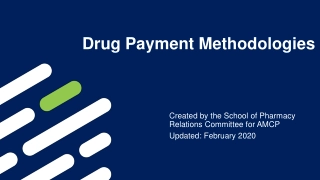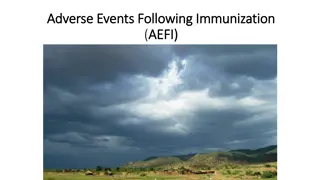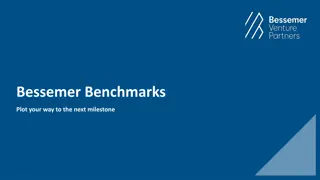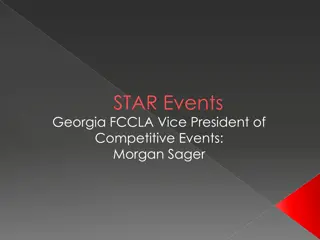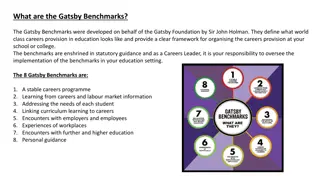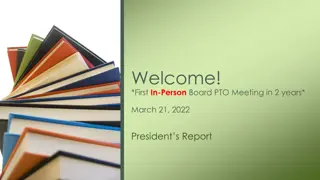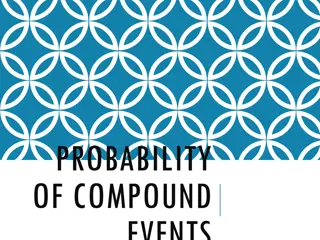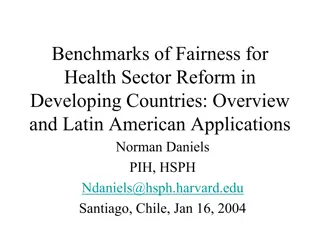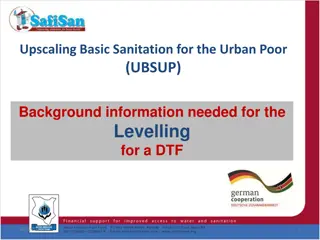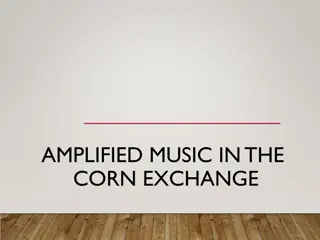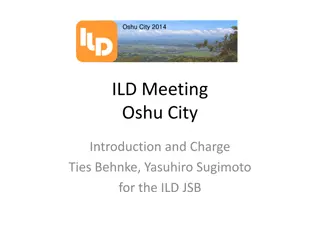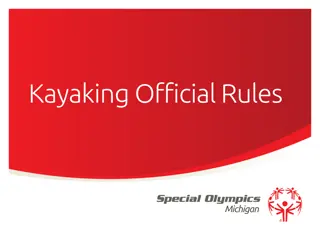
Historical Origins and Evolution of Celebratory Events and Festivals
Explore the rich history of events and festivals, tracing back to ancient times with roots in cultural traditions and rituals. Learn how immigration, urbanization, and industrialization have influenced the celebrations we observe today, from folk festivals to modern-day exhibitions.
Download Presentation

Please find below an Image/Link to download the presentation.
The content on the website is provided AS IS for your information and personal use only. It may not be sold, licensed, or shared on other websites without obtaining consent from the author. If you encounter any issues during the download, it is possible that the publisher has removed the file from their server.
You are allowed to download the files provided on this website for personal or commercial use, subject to the condition that they are used lawfully. All files are the property of their respective owners.
The content on the website is provided AS IS for your information and personal use only. It may not be sold, licensed, or shared on other websites without obtaining consent from the author.
E N D
Presentation Transcript
Since the beginning of time people have found ways to mark important events in their lives In Britain, early folk festivals were associated with Plough Monday, May Day, Midsummer Day and Harvest Home Many festivals are historically related to ancient myths and rituals e.g. Halloween, Bonfire Night People have always marked key moments in their lives Jewish bar mitzvah,21stbirthday parties, weddings UK, and various countries and cultures within it, have a rich tradition of rituals and ceremonies extending over thousands of years
Immigration, urbanisation and industrialisation have influenced many events celebrated today Many events have been taking place for hundreds of years e.g. The Lord Mayor s Show, which originated in 1215, and is now one of the largest parades of its kind in the world, involving 9000 participants, over 240 motor vehicles, floats, marching bands and the state coach The majority of fairs in the UK can trace their ancestry back to Charters and privileges granted by the Crown Original purpose was to trade produce, similar in purpose as exhibitions today! Scarborough Fayre dates back to 1204, Royal National Eisteddfod 1176
THE POLICY STUDIES INSTITUTE DEFINES THE TERM FESTIVAL A festival was traditionally a time of celebration, relaxation and recuperation which often followed a period of hard physical labour, sowing or harvesting of crops, for example. The essential feature of these festivals was the celebration or reaffirmation of community or culture. The artistic content of such events was variable and many had a religious or ritualistic aspect, but music, dance and drama were important features of the celebration. The term festival was first used in England in 1655, when the Festival of the Sons of the Clergy was first delivered at St. Paul s Cathedral, London
EXHIBITION LIAISON COMMITTEE NOTED: since pre-biblical times producers and merchants have displayed their wares at fairs. However, the present UK exhibition industry can trace its origin back to the first industrial exhibitions held in London in 1760 and 1791. These were organised by the Royal Society of Arts and culminated in the Great Exhibition of 1851 which was housed in the impressive Crystal Palace positioned in Hyde Park This was the first international trade show, and from its success other purpose built exhibition facilities were built, such as, Alexandra Palace and the Royal Agricultural Hall in 1862, and Olympia in 1886
18TH/19THCENTURY Due to the dual forces of industrialisation and Christianity many traditional festivities linked to folklore were lost Industrialisation meant that working classes had little time for festivities Mid 19thC saw at least 40 saints days, however the Victorians abolished many and the public holidays as they saw it as uneconomical for workers to have so much free time Later they introduced a week s paid holiday as compensation from the above, and commercial entrepreneurs, seeing a frustrated working class, produced a whole new sector of the industrial market and we saw the emergence of the leisure industry.
1871 bank holidays made lawful, days dictated by monarch and government Monarch has power to grant additional days e.g. 1977 Silver Jubilee, 2002 Golden Jubilee Royal events not only encourage patriotism but also contribute to the U.K.s position as one of leading international tourist destinations
CONFERENCE INDUSTRY Some believe origins of UK conference industry lie in political & religious congresses, & trade conventions in USA in the late 19thC. Others believe that this ignores thousands of years previously where other forms of meeting places were developed for trade Examples include: public halls (1stC) churches (10th& 11thC) market towns (13thC) guildhalls (14thC) and others including inns, coffee houses, assembly rooms and later to the growth in specialist banqueting and assembly facilities
EXHIBITIONS & FESTIVALS Some of the leading exhibitions today have their origins in early part of 20thC Daily Mail Ideal Home show - launched 1908 and still runs 1915 government realised impact of exhibitions and held British Industry Fair, at the now, Business Design Centre, London Festivals since 1945 arts festivals became a prominent feature in the UK Hundreds of festivals now take place, such as Cheltenham/Bath festivals, Glyndebourne Festival, and combine music, arts, readings, shows etc.
1950s and 60s notable as this was the period of increase in communities from West Indies and South Asia & the establishment of events to celebrate their cultures For example the Notting Hill carnival was set up in 1964 by the West Indian community to celebrate their ancestors freedom from slavery Secondly the period saw the emergence of festival culture that still exists today, Woodstock, Glastonbury, Isle of White festival and the new developments such as Reading, Creamfields, Green man etc

